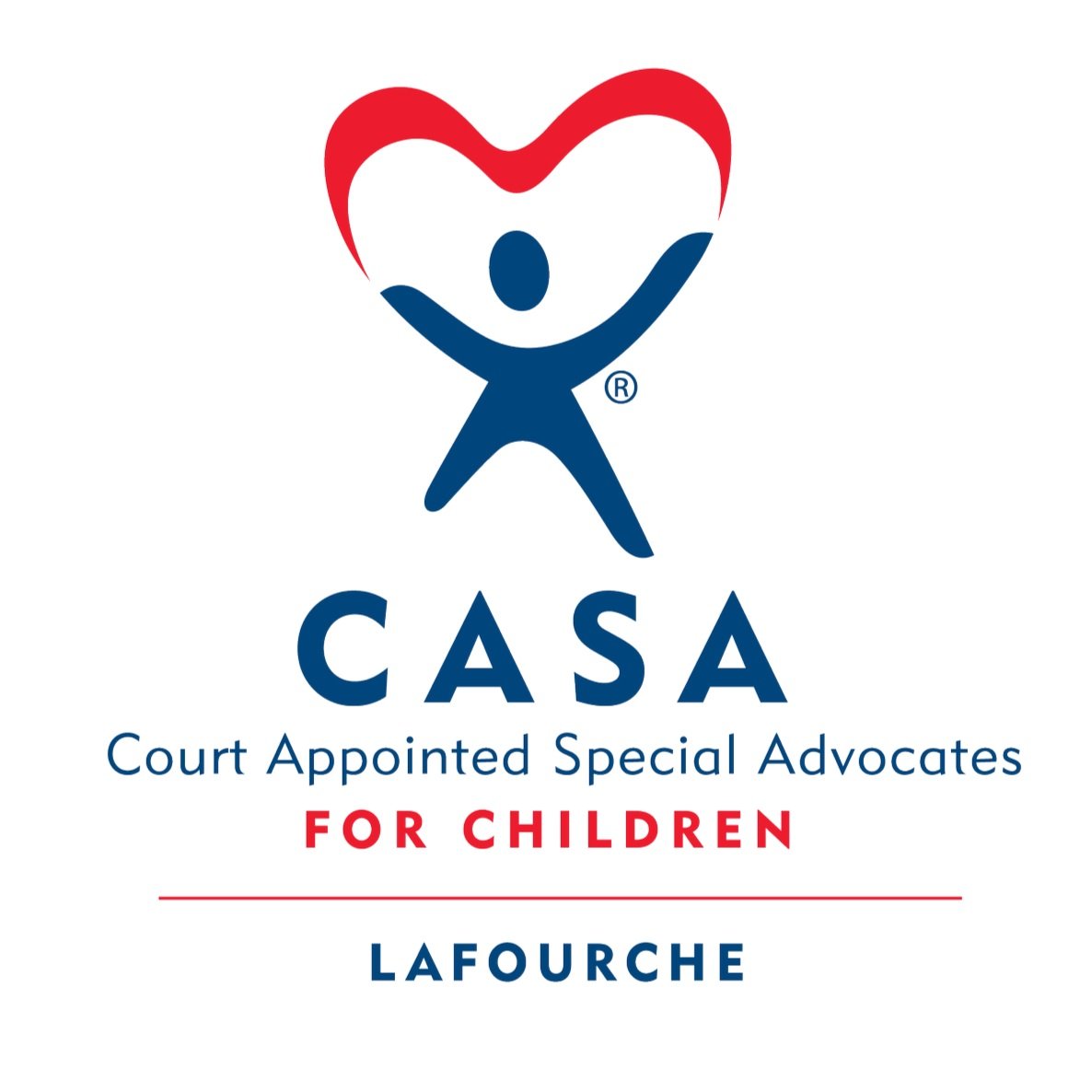The beginning of the CASA movement.
In 1977, a Seattle juvenile court judge, concerned about making drastic decisions that would affect children's lives without having sufficient information necessary, conceived the idea of CASA. The idea was to create an opportunity for concerned citizens to volunteer by speaking up for the best interests of abused and neglected children in the courtroom. The CASA model was a cost effective idea that would bridge the inefficiencies in an already overburdened foster-care system. The first CASA program started in Seattle, WA in 1978. From that first program has grown a network of nearly 1,000 CASA programs around the country that are recruiting, training and supporting CASA volunteers.
CASA of Lafourche became an independently operated, 501(c)(3) non-profit CASA program in June 2007. We work specifically on foster care cases in the Louisiana 17th Judicial District Court and Thibodaux City Court. Through the generosity of our Volunteers, Funders, Board of Directors and Staff, our program has had the opportunity to advocate for over 300 children in our community who have been abused or neglected. We exist because of the volunteers who have stepped up to fulfill the CASA role; their impact on the lives of families in our community isn't unnoticed. Our volunteers are as amazing and unique as the children that they work with. The basis of the CASA volunteer is to serve 4 primary functions in the child's foster care case:
Investigate.
Examine the Facts.
The CASA volunteer carries out an independent investigation of the family situation, including relevant history, home environment, relationship dynamics, and needs of the child.
Advocate.
Publicly Recommend.
The CASA volunteer attends the child's court hearings to speak up for the child and to make recommendations to the Judge regarding the decision that would be in the child's best interest.
Facilitate.
Make the case easier.
The CASA volunteer looks for resources and services that are available in the community to help the child and parents. The CASA volunteer collaborates and communicates with other parties in the case to create a situation that benefits the child.
Monitor.
Check case progress.
The CASA volunteer keeps track of the progress of the parents and the child to ensure that the Judge's orders are being followed. The CASA reports this progress to the Judge at semi-annual court hearings and to the Child Protection Agency case manager.





